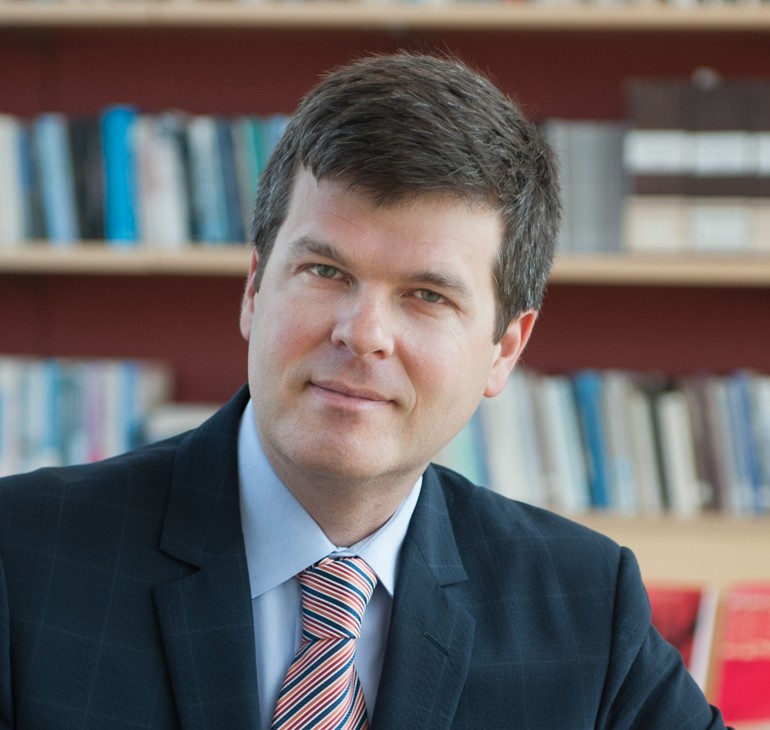To Preempt Far Right, Europe Should Review Counterterrorism Policies
The Brussels terror attacks, like the Paris attacks last year, were an assault on European values of democracy and human rights. While Brussels has a serious problem with violent extremism—it has contributed hundreds of foreign fighters to ISIL—it remains a charming city, far from the “hellhole” that you-know-who described earlier this year.
Published by The Lawfare Institute
in Cooperation With

The Brussels terror attacks, like the Paris attacks last year, were an assault on European values of democracy and human rights. While Brussels has a serious problem with violent extremism—it has contributed hundreds of foreign fighters to ISIL—it remains a charming city, far from the “hellhole” that you-know-who described earlier this year.
Despite its status as the unofficial “capital of Europe,” Brussels is refreshingly free of self-importance. The city’s most famous symbol, the Manneken Pis, is a diminutive statue of a naked boy peeing into a fountain. There are many stories about what the fountain commemorates. One is that the statue was erected in honor of a boy who saved the city from a bomb by peeing on its fuse. It is a reminder that ingenuity and common sense are more effective at keeping us safe than the repression offered by Europe’s far right—and by our very own strongmen wannabes (“patrol and secure Muslim neighborhoods”; “He’ll talk faster with the torture”).
Last year, I suggested that European governments should respond to the Paris attacks not with sweeping new surveillance or other government powers but with a 9/11-style commission that could cut through bureaucracy and challenge the status quo:
The investigation should not be limited to France, but should examine the performance of intelligence and law enforcement agencies across Europe—and in the United States. The commission should include members from many European nations, and should receive assistance from the American intelligence community, so that it can examine the performance of all the agencies whose joint intelligence work is essential to preventing terrorist attacks.
Carrie Cordero asks three questions about what is going wrong with international counterterrorism—about collection, information sharing, and encryption. They are a good starting point for the commission’s work.
Following the recommendations of the 9/11 Commission, the United States made substantial reforms to the intelligence community and to other agencies. Enough time has passed that we do not always appreciate its work. It was the tireless lobbying of the 9/11 victims that made the commission a reality, over the resistance of the George W. Bush administration. Its final report was powerful because it told the story, in sober but gripping manner, of what happened and offered reforms that were not about demonizing Muslims, giving up freedom for security, or bombing people to make ourselves feel better.
The US counterterrorism strategy that emerged from these reforms is a “whole-of-government” approach, uniting federal departments and agencies with state, local and tribal governments. The European Union is composed of 28 member states who must coordinate with each other and with Europe-wide institutions. For Europe, a “whole-of-government” approach is insufficient. Europe requires an even more ambitious “whole-of-governments” approach. It is harder for nations to compromise on sovereignty than for bureaucracies to give up “turf.”
Who might serve on such a European counterterrorism commission? Members should have the stature to demand answers from European security agencies and command the respect of the public. Current NATO Secretary-General and former prime minister of Norway Jens Stoltenberg, and Mary Robinson, the former UN High Commissioner of Human Rights and former president of Ireland, are the sort of figures that come to mind.
The far right in Europe will certainly exploit these attacks to demonize Muslims. Public concern in Europe about the refugee crisis is understandable, but radicalized jihadists are more likely to be young, disaffected European-born Muslims than the refugees who are often fleeing the reign of terror of groups like ISIL and the Taliban. The far right’s preferred solutions will only worsen Europe’s problem of violent extremism—driving a wedge between police and intelligence services and the communities whose cooperation is needed to preempt radicalization.
The United States should stand with European leaders who defend European values and institutions. A 9/11-style commission could give sensible people in Europe something to be for, keeping the far right from setting the agenda. It is an abiding political reality that you can’t beat something—even a bad something—with nothing.





